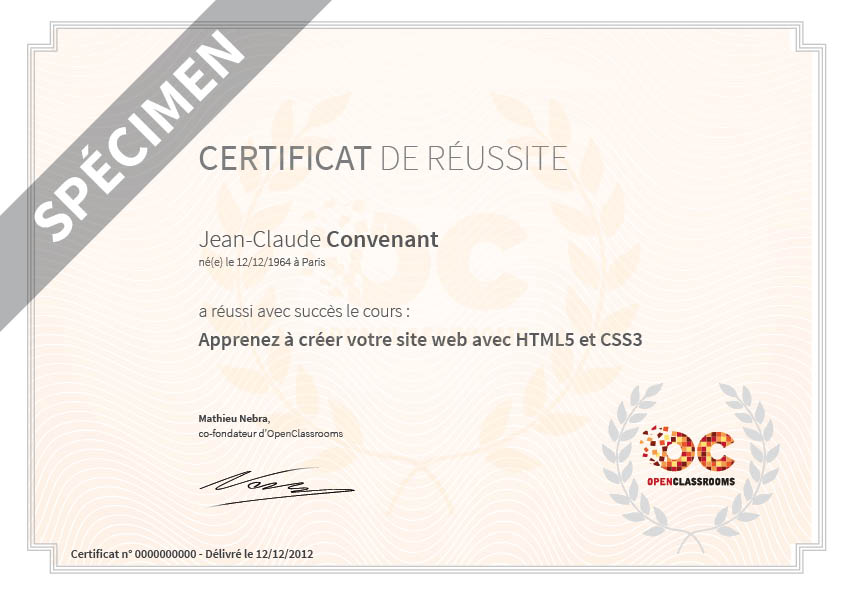The workshop facilitator is the person who guides the workshop and keeps everyone on track. Your goal as a facilitator is to create and foster an environment for collaboration. It can be tempting to want to step in and have all the answers, but the real challenge is learning to step back and let the participants do the work.
Keep everyone on time
Design thinking can be a lot of fun. It's not difficult to get carried away. Therefore, an important role of the facilitator is to keep time and help participants move through the process quickly. Here are some key points to keep in mind so that you can stay on track:
Refer back to your agenda as the day goes on. With so many distractions and things happening at once, it's helpful to have a blueprint to refer back to. You may observe some activities take longer than you expect. There is no need for alarm.
Adapt to the situation. Make sure that you have some level of flexibility during your workshop, and be prepared to improvise!
Spend time on the most important activities rather than the kick-off exercises. Leave enough time at the end for teams to present their work and reflect on the experience.
Throughout the workshop, there is no doubt that participants will have questions. You're there as a guide. In some cases, this could mean a participant needs some encouragement or validation ("Am I doing this right?"). Ensure them that there are no right or wrong answers and encourage them to keep exploring and experimenting. Answer questions with more questions to prompt thinking.
Watch for the quiet ones
Some personalities thrive on group work while others may want to participate but feel intimidated and don't feel like they have anything to contribute. This couldn't be further from the truth. Quiet participants may, however, need extra encouragement or positive reinforcement. Find ways to boost participation without drawing obvious attention to them. Try observing a group and then ask them what they're working on, or ask them a question based on what you observe.
Monitor the energy of the group
Workshops can be long. In addition to keeping participants hydrated and fed, you generally want to keep an eye on the energy of the group. You may need to plan an activity to get people out of their post-lunch food comas.
In addition to varying activities to ensure no one is sitting for too long, it's a good idea to have games or energizers on hand in case you need to wake anyone up or help refocus them on the task at hand.
You can draw a lot of inspiration from improv comedy. One of the guiding rules of improv is that you never say "no" to anyone. In the game "Yes, and," the conversation bounces back and forth between partners (or between members of a circle) where everyone keeps building on the story as if it's true. As soon as someone negates, the game is over, so it's all about playing along. 😂
The book Gamestorming: A Playbook for Innovators, Rulebreakers & Changemakers is a well-known toolkit and guide to best practice ideas to inspire high tech solutions using low tech tools.
The approach, based on game principles and mechanics, helps participants think about problems differently. In addition to the book, there are countless resources shared with their online community. Their facilitator resources as well as the core games are a good place to start exploring.
From physical to digital, Gamestorming shows how "the future of work is being more human" by low technology supporting high technology. [2:53 min]
Learn from each experience
The dynamic of every group is going to be different and have different challenges or issues. As a facilitator, you'll gain from each experience. Take time to reflect at the end to consider how you may make adjustments and improvements for next time.
Don't get frustrated, be open to learning! Talk to others in the industry and ask them about their tools and experiences.
Let's recap!
The facilitator helps guide the workshop, and it's their role to help participants work through the process without giving them all the "answers."
Timekeeping is a way that facilitators can ensure there is enough room for the different phases of a workshop that require more time.
It's important to make sure that all participants have a voice and can contribute ideas, not just people with more outgoing personalities.
Energizers are a good way to liven up the room if energy levels are down. They also can be used as tools to look at problems differently.
Learn from each experience and make improvements for the next time.
